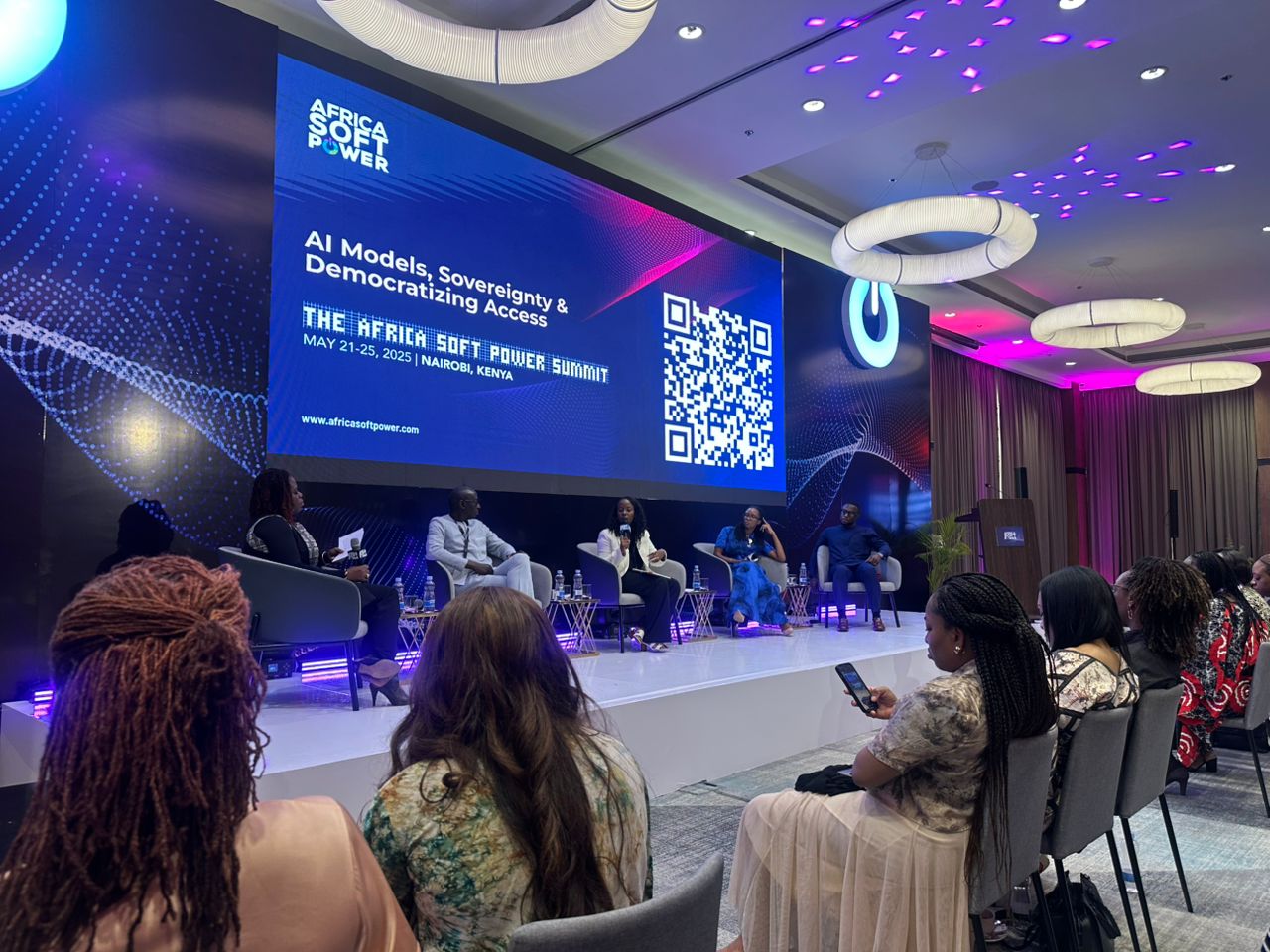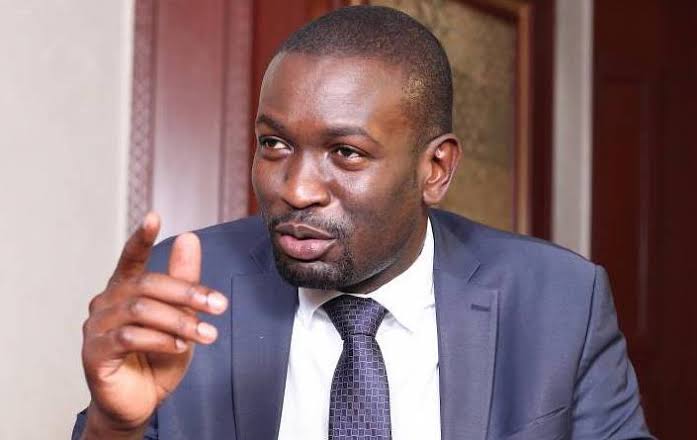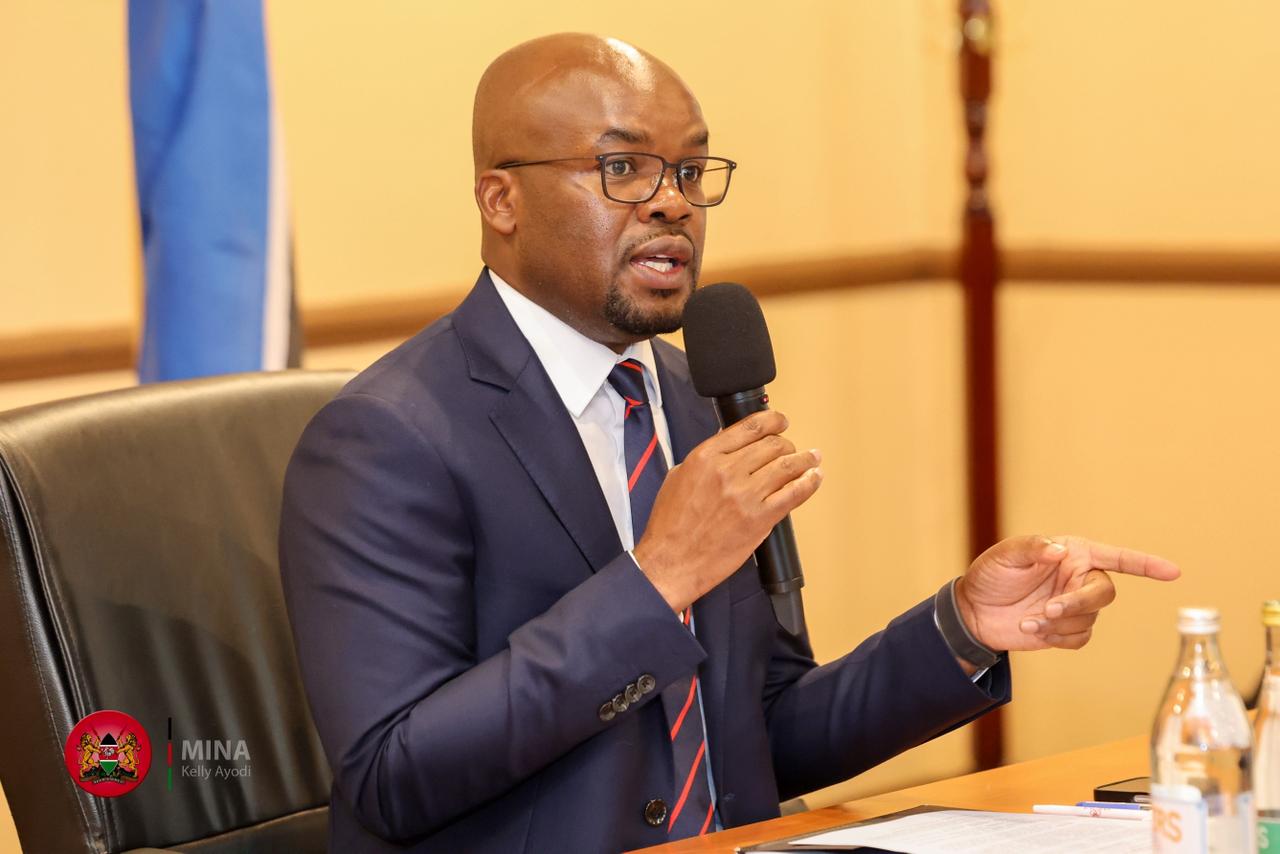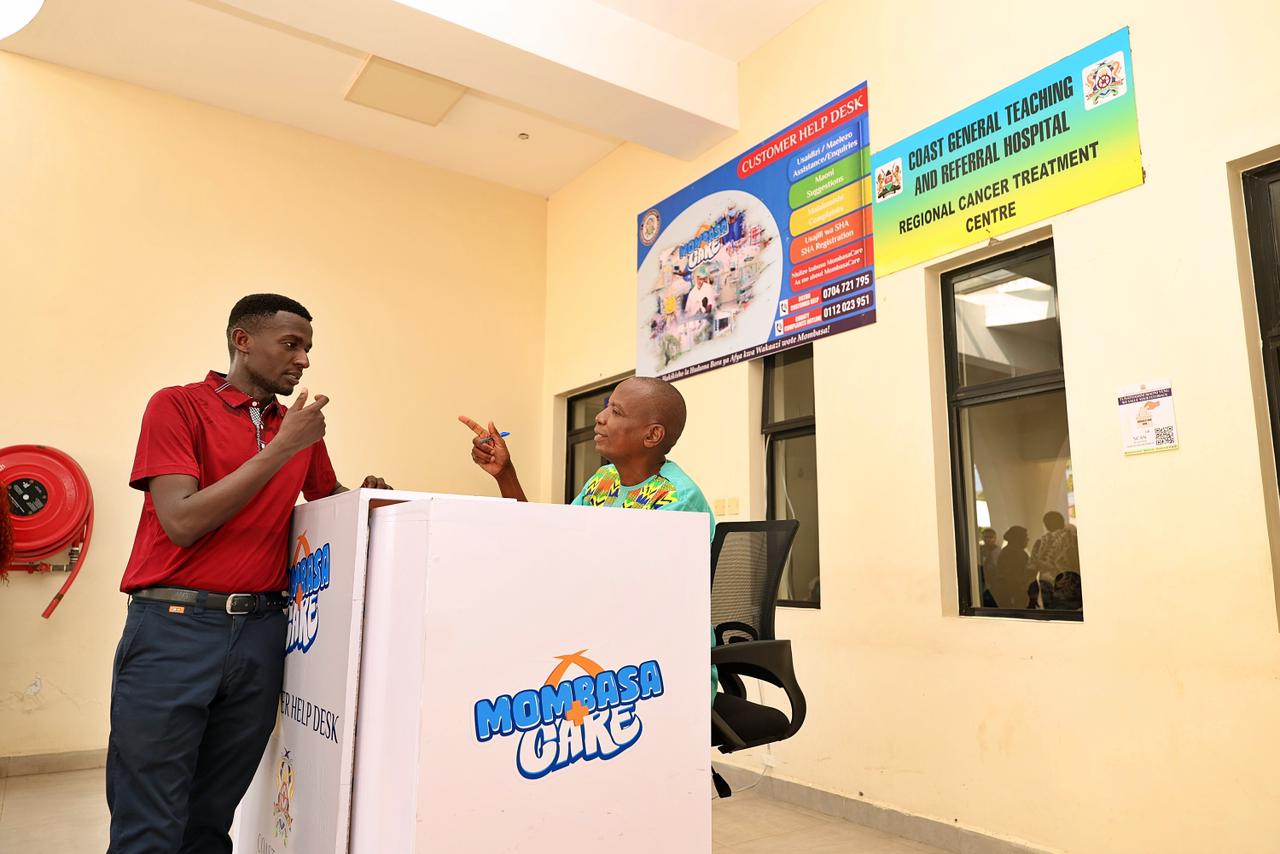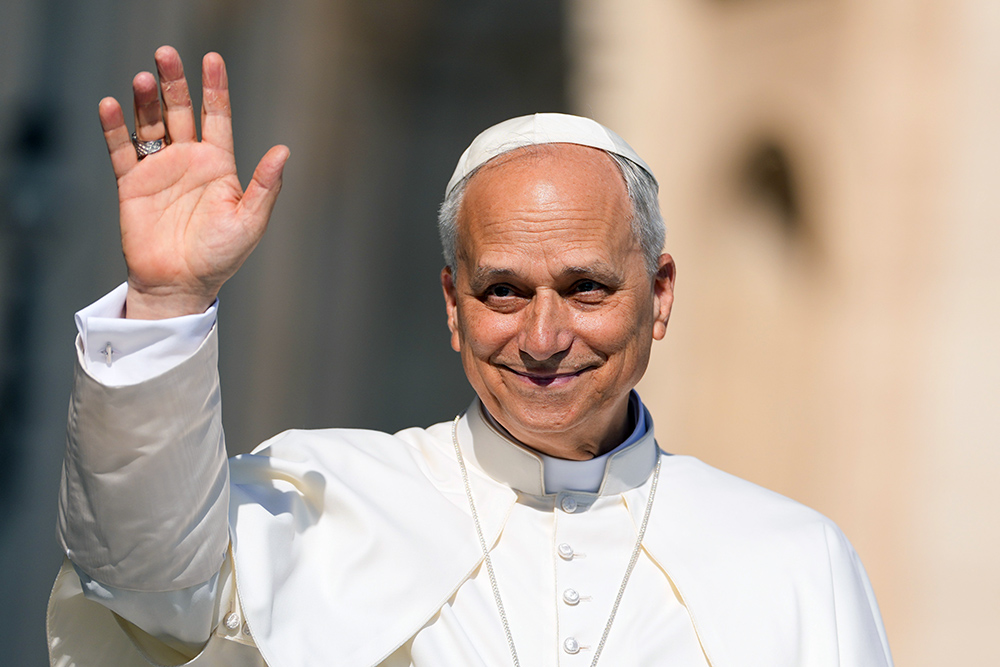Leaders at the Africa Soft Power Summit 2025 called for greater economic self-determination and stronger artificial intelligence governance as the continent seeks to reduce dependence on foreign capital and prevent unregulated technology deployment.
The 4th edition of the two-day summit, running through May 22nd – 23rd, brought together thought leaders, policymakers, investors, and innovators from Nigeria, Kenya, South Africa, Tanzania, and other African nations to address leadership, investment, and technological development challenges.
Edwin Macharia, co-founder of Axum.Earth and Mozilla board member, revealed that most African startup capital Decision-makers remain external to the Continent, limiting the ecosystem’s potential. “Our future depends on economic nationalism, investing in our asset classes to create wealth here, across borders, and claim our rightful place in the global economy,” Macharia said during his closing remarks. He announced plans to study the impact of local leadership on fund performance and highlighted the absence of pension funds and institutional investors in Africa’s capital markets. Macharia called for pooling fragmented assets and building billion-dollar businesses rooted in cooperation rather than dependence on foreign capital.

Policy leaders warned against allowing Africa to become a testing ground for unregulated biotech and AI products. Dr. Saitina, a policy advocate, urged the development of robust frameworks that distinguish true AI innovation from marketing buzz. The panel on “AI Models, Sovereignty, and Democratizing Access” highlighted the necessity of policy autonomy in the global digital landscape, citing successful regulatory actions by governments in Uganda and Nigeria against multinational tech platforms. Philip Ikeazor, Director General of Financial System Stability at Nigeria’s Central Bank, emphasized that anti-money laundering and fraud detection standards are becoming mandatory, with AI supporting but policy leading these efforts.
The Remarkable Africa Women Leadership Conference opened the summit with a focus on “Sustaining Momentum: Leading Transformations When Inclusion Isn’t Trending.” Dr. Nkiru Balonwu, founder of the Africa Soft Power Group, stated: “We need to recognise the equal value that diverse voices bring to the table. Inclusion is an investment in ourselves.” Hon. CJ Martha Koome, Chief Justice of Kenya, and Hon. Millie Odhiambo Mabona, Member of Kenya’s National Assembly, underscored the need for systemic reform and deliberate accountability to move from rhetoric to measurable action. The session emphasized shifting the discourse around Diversity, Equity, and Inclusion from charity to strategic investment, with speakers highlighting the responsibility of men in mentoring women leaders to build sustainable pipelines of gender equity.
Panelists from the “Policy and Innovation: The Role of Infrastructure in Advancing Emerging Financial Technologies” session agreed that innovation alone cannot succeed without reliable power grids, cybersecurity, and regulatory frameworks. Representatives from MasterCard Foundation, Caretel Africa, and Nigeria Inter-Bank Settlement System described how infrastructure deficits drive up operational costs, impeding financial inclusion. Bernard M. Kinara, General Manager of Interswitch Kenya, highlighted AI’s potential to democratize access through natural language coding tools that break down gender and linguistic barriers, while cautioning against biases in AI systems.
Chief Justice Koome described Kenya’s courts evolving from adversarial forums to empowering mediation spaces, emphasizing a cultural shift in legal empowerment. The panel noted that African women, as the continent’s largest political voting bloc, wield distributed community power essential for authentic gender inclusion strategies.
Caretel’s executive detailed how AI tools already intercept scam messages in real time, emphasizing trust as central to digital adoption. However, challenges remain around weak data protection and low digital literacy, which policy must address. The AI governance panel emphasized AI literacy for policymakers and the public, advocating tailored education approaches to ensure that AI tools solve practical problems for farmers, creatives, and civil servants. A technologist noted the paradox of rising public AI awareness alongside skepticism, reinforcing the need for transparent, trustworthy AI systems.
The Africa Soft Power Summit 2025 assembled Leaders, Innovators, and Creatives from across the Continent to address challenges in leadership, infrastructure, and technological development, with participants calling for frameworks that prioritize African decision-making and economic sovereignty. The discussions covered infrastructure, digital finance, and artificial intelligence, with a consistent theme of moving beyond external dependence toward sustainable, locally-driven development models.


